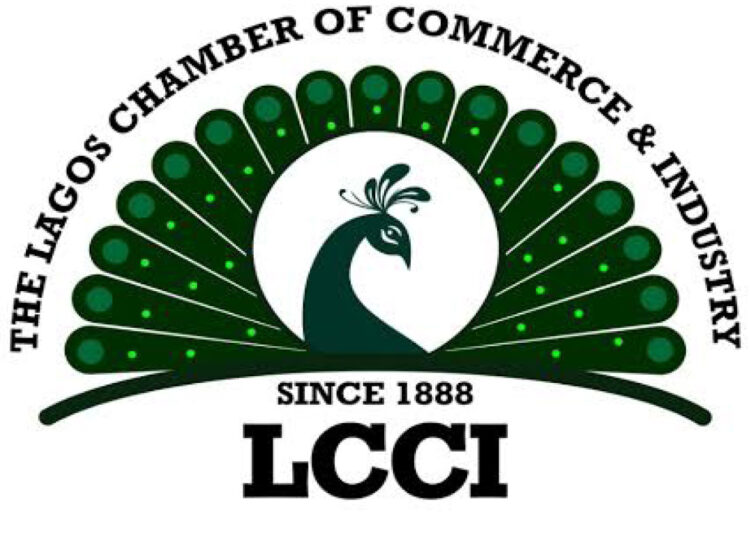The Lagos Chamber of Commerce and Industry (LCCI) has lauded the recently imposed 15 per cent import tax on petrol and diesel, describing it as a sound economic policy.
It, however, urged the government to prioritise local refining capacity in light of the new tax.
While acknowledging the policy’s aim to promote local refining and energy self-sufficiency, the LCCI emphasised the need for a measured rollout to avoid exacerbating cost-of-living pressures and supply-chain challenges.
The Chamber warned that premature restriction on imports without sufficient domestic production could lead to supply shortages, higher pump prices, and inflationary pressures across critical sectors.
The director-general of LCCI, Dr. Chinyere Almona, acknowledged that reducing reliance on fuel imports is essential for achieving energy security, encouraging investment in local refineries, and enhancing the downstream petroleum value chain.
She highlighted the current limitations of local refining capacity to meet national demands, stating that “a premature restriction on imports without adequate domestic output could pose risks to supply availability and pricing stability.”
Almona urged the federal government to prioritise the operationalization of existing local refineries and the empowerment of both the public and private sectors, including modular refineries and revitalised major facilities.
To bolster these efforts, she suggested implementing a comprehensive framework for crude oil supply that operates in naira instead of foreign exchange, as this could significantly improve cost efficiency and stabilise production while strengthening the local value chain.
Almona called for collaboration with labour unions to foster an atmosphere of industrial harmony and instil confidence within the private sector.
She stressed the importance of clarity, consistency, and transparency in executing the new tax regime to avoid market distortions and maintain investor confidence.
“Though the reform is grounded in sound industrial policy, its triumph hinges on effective implementation, robust safeguards, and complementary reforms aimed at reducing the cost burden on businesses and consumers.
“With local capacity still developing, the tax could raise fuel costs while importation persists. Therefore, it’s vital for the government to address the barriers to local production and refining before fully implementing this tax aimed at discouraging imports,” she explained.
Almona urged “the government to showcase its commitment during this transitional period by empowering local refiners through a streamlined crude-for-naira supply chain. This would ensure a stable crude supply, enabling refiners to enhance their capacity and meet domestic demands at competitive prices.
“By achieving a stable local refining environment and diminishing import reliance, further benefits could emerge, including job creation, foreign exchange conservation, a strengthened exchange rate, and increased government revenue.”
Almona emphasised that with a zero-import scenario, the advantages would be substantial for the economy and the nation as a whole.





